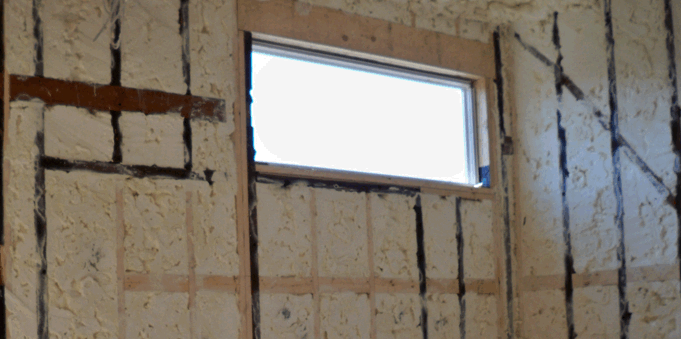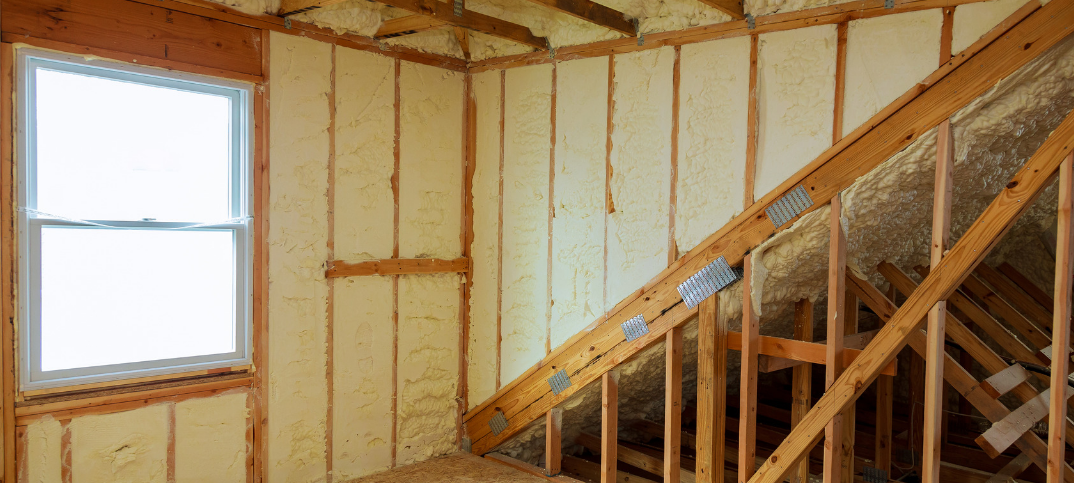The canadian urethane foam contractors association cufca estimates that spray foam insulation is installed in between 300 000 and 400 000 canadian homes every year a number that has been.
Urethane foam insulation health concerns.
Stay out of the home during and for at least 24 hours after the installation.
Spray foam can potentially generate toxic emissions under these circumstances.
The health concerns are great.
Since 2004 due to health concerns.
Given no testing was conducted only time will tell on how effects of their use impact human.
Our firm is investigating potential lawsuits on behalf of homeowners who have spray foam insulation such as demilec s sealection 500.
These two types of spray foam insulation both contain polyurethane that can be potentially dangerous to the environment and to health upon exposure.
But what initially seemed like a miracle product had a downside it was highly flammable.
This is not just a diyers issue.
Light density open cell spray foam insulation and medium density closed cell spray foam insulation.
Evidence suggests that spray polyurethane foam insulation poses a number of serious health risks potentially causing respiratory and breathing problems skin irritation and neurological issues.
Amine catalysts in spf may be sensitizers and irritants that can cause blurry vision halo effect.
This type of spray polyurethane foam can be classified into two different types.
Health concerns associated with side b.
Health concerns associated with chemicals in spray polyurethane foam products bottom line.
Even the more expensive brands contain some of the most toxic substances.
What about the bad.
This substance is not safe for use in the u s.
Performing hot work on or near polyurethane foam may lead to potential exposures to isocyanates and other toxic emissions.
The real issue is the improper formulation and installation of large amounts of spray foam in homes and buildings by poorly trained unknowledgeable or.
In the early 1990s because of their impact on ozone depletion the montreal protocol restricted the use of many chlorine containing blowing agents such as trichlorofluoromethane cfc 11.
To combat this manufacturers began to add flame retardants to polyurethane and these chemicals are the cause of many of the health concerns about polyurethane foam mattresses couches and other home and office furnishings.
Building renovations demolition or building disassembly done years later can disturb spray foam insulation.
Spray polyurethane foam insulation of any kind uses isocyanates in 50 of the formulation even those claimed to be made with soy or other natural oils.
Side b contains a blend of proprietary chemicals that provide unique properties in the foam and may vary widely from manufacturer to manufacturer.






:max_bytes(150000):strip_icc()/__opt__aboutcom__coeus__resources__content_migration__treehugger__images__2012__12__spray_foam-84d12d55962e4a6ab8158888b78f4297.jpg)



